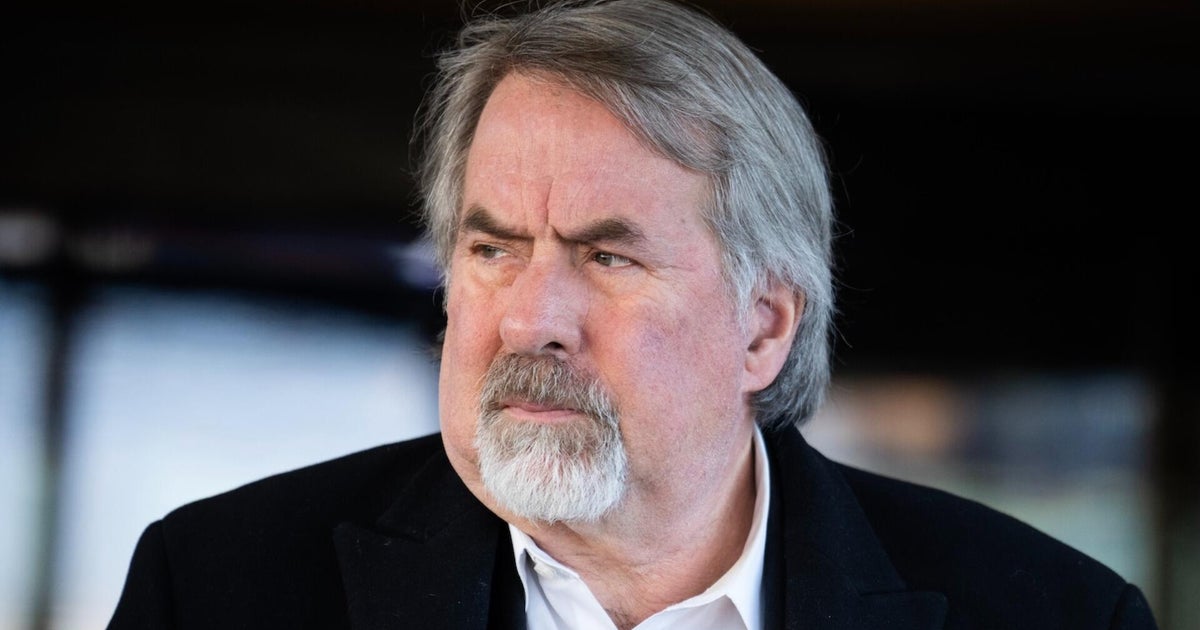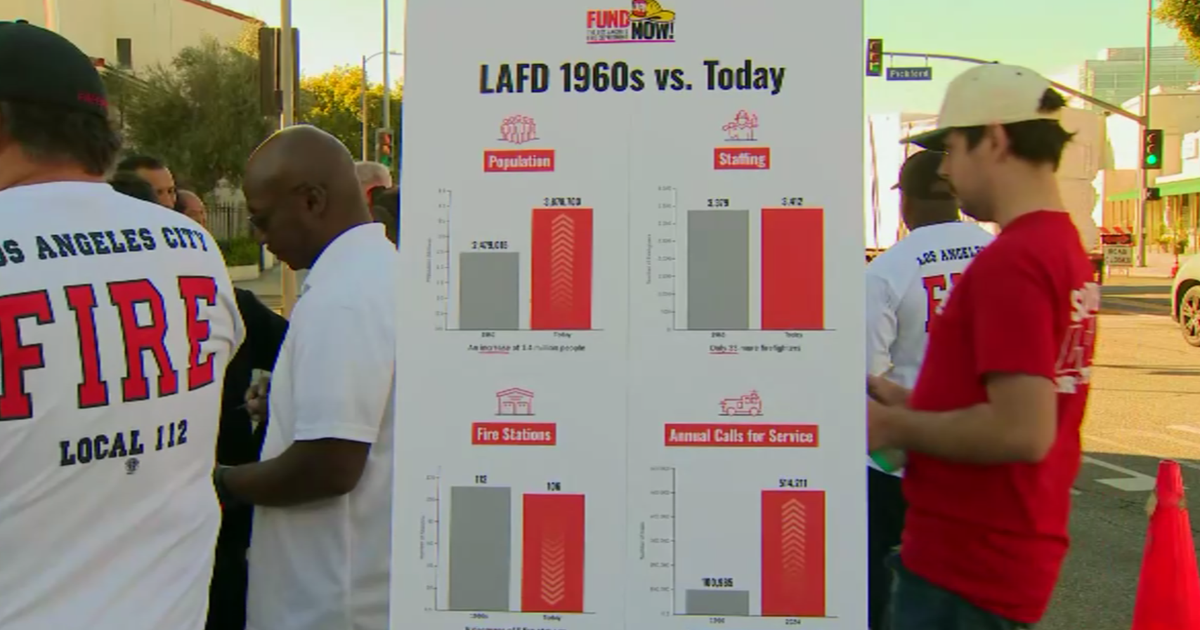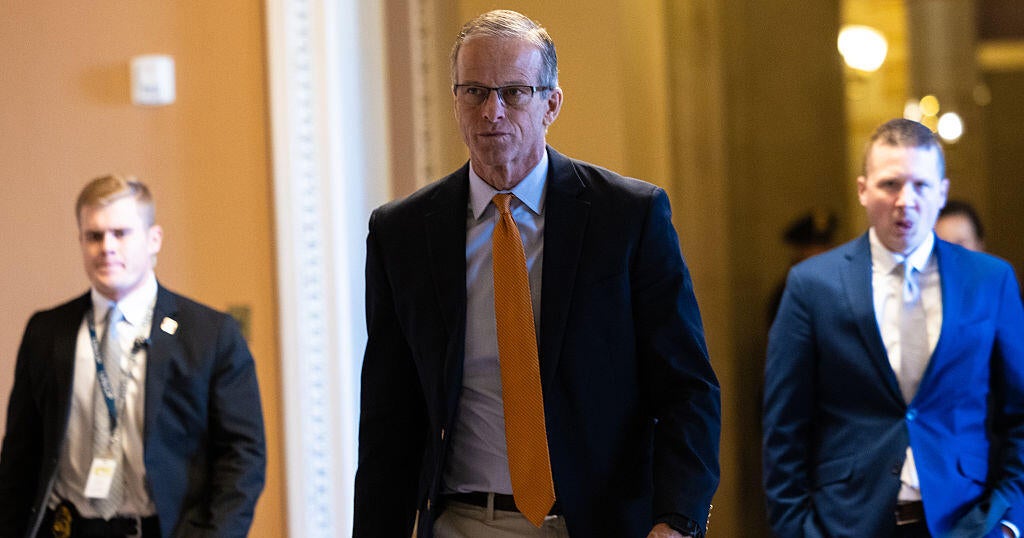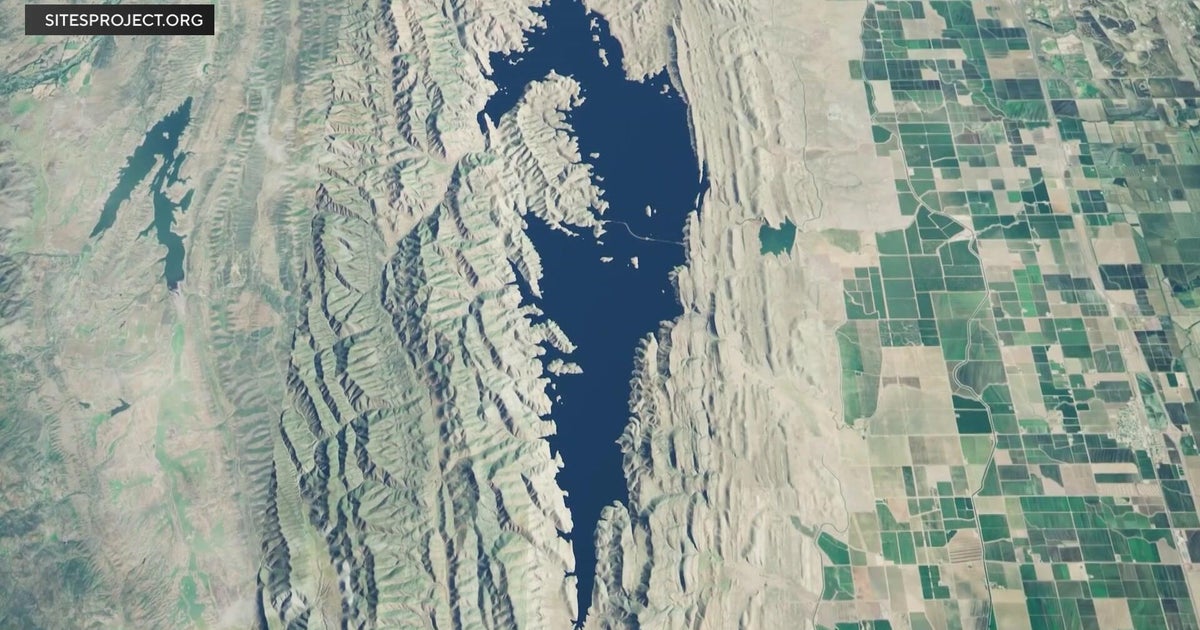Prop. 30: Tax measure to fund EVs causes split between Newsom, other Democrats
DANVILLE – California voters will be asked to consider Prop. 30, a measure that would tax the rich to fight climate change. But the measure on the upcoming November has Gov. Gavin Newsom seeing red.
"Here's the reality we face every day. This is a crisis..." says the TV commercial supporting Prop 30.
The ad shows video of wildfires, because some of the money raised would go toward hiring and training more firefighters, as well as funding some projects to fight pollution.
That's why California Clean Air and Oakland Mayor Libby Schaaf are supporting it.
"Pollution is not only killing our planet, it's killing our people. And Prop 30 will fix that," said Schaaf at a campaign rally. "Prop 30 is an innovative measure that all Californians must support, as if their lives depend on it."
The measure would increase state income tax by 1.75% on annual earnings over $2 million a year.
It's estimated Prop. 30 would raise between $3 billion and $4.5 billion. The vast majority, 80 percent, going to support rebates for electric vehicles and more EV charging stations.
So, a lot of people are surprised by who's opposing it.
"Don't be fooled..." Gov. Gavin Newsom said in an ad opposing Prop. 30.
Newsom, a stanch climate initiative supporter, claims Lyft is bankrolling the campaign for Prop. 30 as a way to get taxpayers to help the company buy new electric vehicles.
Rideshare fleets are required to be zero-emission by 2030 and, in a statement, Newsom said, "Prop 30 is a special interest carve-out--a cynical scheme devised by a single corporation to funnel state income tax revenue to their company."
But since it is taxing the rich, the average voter would never have to pay it. Danville is a place with a lot of high-earners, but resident Masse Wali said he didn't think Prop. 30 is a bad idea.
"From what I hear, I think it's a good thing," Wali told KPIX 5. "Why not tax the wealthy? They can afford it."
Geoffrey Fitch disagreed. He thought it was a matter of basic fairness.
"If it benefits everybody, then everybody should contribute...have some skin in the game," said Fitch.
Merrell Siegel wasn't sure what to think about the initiative, but he admits the political division is raising his suspicions.
"When you get someone like Gov. Newsom, whose feelings are pretty well known on certain issues, and he surprises you with a decision like this...you have to wonder if there isn't something behind it," Siegel said.
If Prop. 30 is passed by the voters, the tax would take effect in January of next year and would last until 2043. It could also end any time after 2030, if the state has three years with emissions below 80% of 1990 levels.







